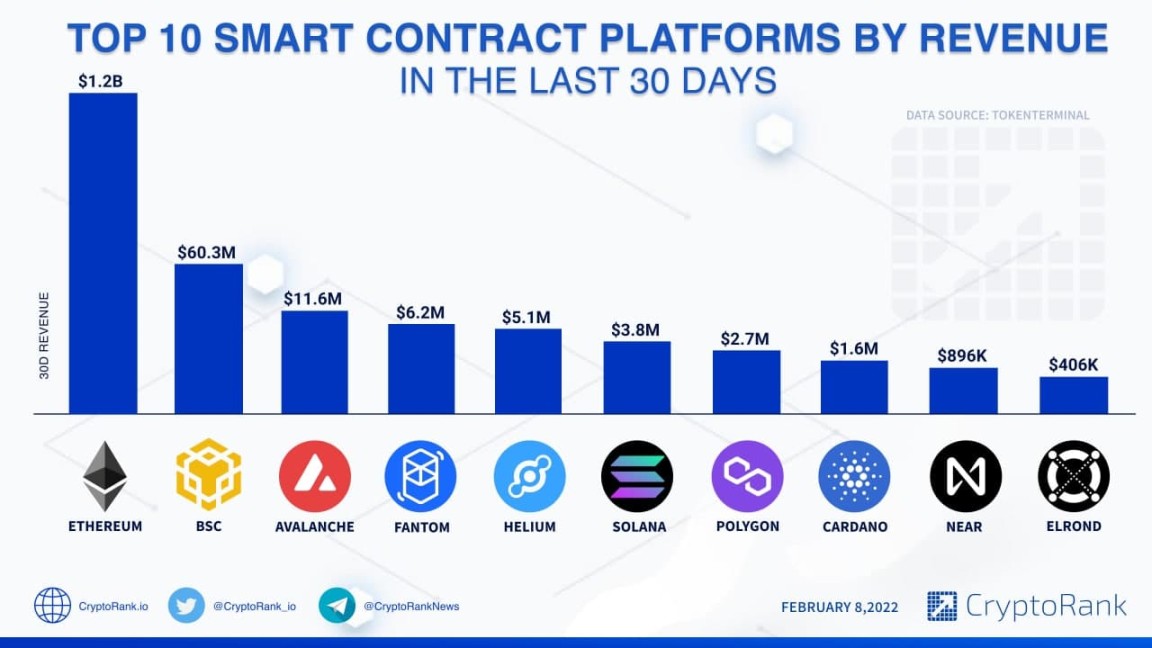Smart Contract Platforms: A Comprehensive Guide
Introduction
Smart contract platforms have emerged as a revolutionary technology with the potential to transform various industries. These platforms provide a decentralized infrastructure for deploying and executing smart contracts, self-executing agreements that automate transactions and eliminate the need for intermediaries. This guide delves into the intricacies of smart contract platforms, exploring their concepts, functionalities, applications, and the current landscape.

Understanding Smart Contract Platforms
At their core, smart contract platforms are blockchain-based systems that facilitate the creation, deployment, and management of smart contracts. These platforms offer a secure and transparent environment for executing smart contracts, enabling trustworthy interactions without the involvement of central authorities.
Key Characteristics of Smart Contract Platforms
Smart contract platforms are distinguished by several key characteristics that set them apart from traditional computing environments:
1. Decentralization: Smart contract platforms operate on a distributed network of computers, eliminating the need for a central authority. This decentralization fosters trust and transparency, as no single entity can control or manipulate the system.
2. Immutability: Once deployed on the blockchain, smart contracts become immutable, meaning their code cannot be altered or tampered with. This immutability ensures the integrity and reliability of smart contracts, preventing fraud or manipulation.
3. Automation: Smart contracts execute automatically when predetermined conditions are met. This automation eliminates the need for manual intervention, reducing transaction costs and increasing efficiency.
4. Security: Smart contracts are secured by the robust cryptography of the underlying blockchain, safeguarding them from unauthorized access or manipulation.
Functionalities of Smart Contract Platforms
Smart contract platforms offer a wide range of functionalities that empower developers to build decentralized applications (DApps) across various domains:
1. Financial Applications: Smart contracts enable the creation of decentralized financial systems, including peer-to-peer lending, stablecoins, and derivatives trading.
2. Supply Chain Management: Smart contracts can streamline supply chain operations by tracking goods provenance, automating payments, and enhancing transparency.
3. Identity Management: Smart contracts facilitate secure and self-sovereign identity management solutions, empowering individuals to control their personal data.
4. Governance: Smart contracts can be used to implement decentralized governance systems, enabling transparent and participatory decision-making.
Applications of Smart Contract Platforms
The applications of smart contract platforms extend far beyond the realm of finance, encompassing a diverse range of industries:
1. Healthcare: Smart contracts can revolutionize healthcare by managing patient records, automating insurance claims processing, and facilitating secure data sharing.
2. Real Estate: Smart contracts can streamline real estate transactions, reducing paperwork, minimizing fraud, and expediting property transfers.
3. Energy: Smart contracts can optimize energy distribution, enable peer-to-peer energy trading, and promote renewable energy adoption.
4. Voting Systems: Smart contracts can enhance the security and transparency of voting systems, preventing fraud and ensuring tamper-proof results.
The Current Landscape of Smart Contract Platforms
Numerous smart contract platforms have emerged, each with its unique features and capabilities. Some of the most prominent platforms include:
1. Ethereum: The pioneer of smart contract platforms, Ethereum boasts a large developer community and a diverse ecosystem of DApps.
2. Binance Smart Chain: A high-performance and low-cost platform, Binance Smart Chain has gained popularity for its user-friendliness and cross-chain compatibility.
3. Solana: Known for its scalability and speed, Solana offers a promising environment for high-throughput applications.
4. Cardano: Built with a focus on security and sustainability, Cardano aims to create a more inclusive and interoperable blockchain ecosystem.
Choosing the Right Smart Contract Platform
The choice of smart contract platform depends on the specific needs of the project. Factors to consider include:
1. Technical Capabilities: Assess the platform’s programming language, transaction speed, and scalability to meet the project’s requirements.
2. Ecosystem Support: Evaluate the platform’s developer community, available tools, and existing DApps to ensure adequate support for the project’s development.
3. Community Engagement: Gauge the platform’s user base, active discussions, and overall community engagement to ensure long-term viability.
4. Governance Structure: Understand the platform’s governance model to assess the level of decentralization and decision-making transparency.
Conclusion
Smart contract platforms have ushered in a new era of innovation, empowering individuals and organizations to create trustless, secure, and efficient applications. As the technology matures and adoption grows, smart contracts are poised to revolutionize various industries, transforming the way we interact, transact, and govern ourselves.
Frequently Asked Questions (FAQs)
Smart contract platforms offer several advantages, including:
Decentralization: Eliminates the need for intermediaries, reducing costs and increasing trust.



